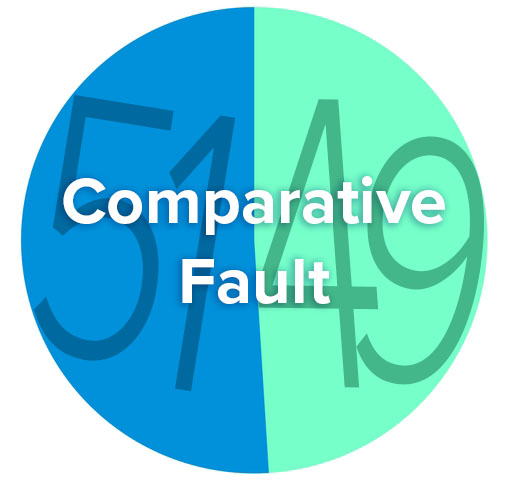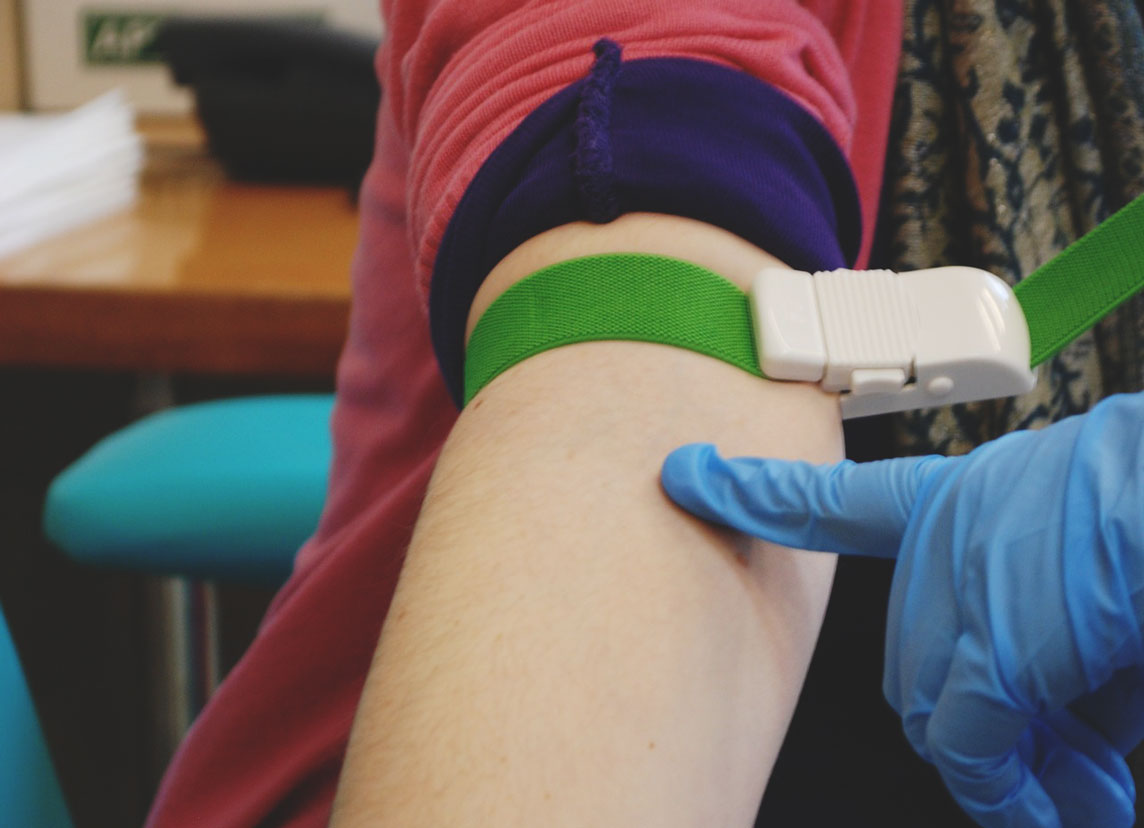Should I Go to the Doctor after a Car Accident?
After an Indiana car accident, it’s natural to feel a bit overwhelmed, and your first instinct may be to minimize the situation. Even if you believe you and your passengers are okay, it’s important to see a doctor as soon as possible for two major reasons: The longer you wait to seek medical care after […]

March 8, 2016
After an Indiana car accident, it’s natural to feel a bit overwhelmed, and your first instinct may be to minimize the situation. Even if you believe you and your passengers are okay, it’s important to see a doctor as soon as possible for two major reasons:
- The longer you wait to seek medical care after the car accident, the harder it will be to prove that any injuries you have were actually caused by the car accident.
- Symptoms of a serious injury may not become apparent immediately, and you’re putting your own health at higher risk the longer you go without seeing a doctor.
If children were passengers in your car, it’s especially important to have them examined immediately, as young ones cannot always communicate their feelings or evaluate any physical damage. And if you or one of your passengers was pregnant, medical attention is vital since car accidents can cause miscarriage or bring on pre-term labor.
Once you are seen by a doctor or given medical treatment of any kind, be sure to begin documenting all treatment expenses. Detecting the true extent of injuries from the accident may require x-rays, CT scans, MRIs, or other advanced diagnostic technology.
Who Pays for My Treatment?

Indiana is a fault state. That means that if another driver caused the accident, that driver is financially responsible for your medical and repair bills. The problem is that investigating an accident and determining who was at fault takes time—a lot of time. Meanwhile, you need medical care now.
Medical Payments Coverage (MedPay)
The first line of defense when it comes to covering your medical bills is the MedPay, or Medical Payments Coverage, on your own auto insurance policy. The MedPay covers your medical bills, and the medical bills of your passengers (up to the policy limits) no matter who caused the accident. Depending on the terms of your policy, the following things may be covered:
- Health insurance co-payments and deductibles
- Treatments excluded by health insurance
- If you don’t have health insurance, MedPay can pay for your medical bills
Your Health Insurance
MedPay is specifically meant to cover medical bills due to car accidents, while most health insurance policies cover medical expenses related to illness, not accidents. Even if a health insurance company pays your accident-related medical bills initially, they can demand the money back from the medical provider.
It’s important for you to know exactly what health insurance resources you have at hand, because if there is a long delay until you can collect from the at-fault driver’s insurance, or even from your own MedPay, your health insurance might be a resource to turn to for now. That resource might be in the form of employer-sponsored group health insurance, an individual policy you purchased, Medicare, or Medicaid.
Worried that your auto insurance premium will go up because of a claim on MedPay? If your insurer pays when the accident wasn’t your fault, your premiums should not be affected. (Your insurance company will undoubtedly seek reimbursement from the at-fault party’s insurer.)
How Comparative Fault Affects Who Pays for Your Medical Bills

Ultimately, though, if you’re the victim in this accident, it’s the other driver’s insurance that should be covering all these costs for you. How can you go about making that happen?
Indiana car accident cases are handled a bit differently from other states, in that Indiana is a fault state and the Comparative Fault Act applies. States that have “no-fault” automobile laws force an injured driver to use his or her own auto insurance policy before the at-fault driver’s insurance company can be asked to pay for any property damage or medical bills.
Comparative fault is a legal term that compares the fault of each person involved in the accident and any monetary damages are assigned accordingly. In Indiana, you have a choice of using your own insurance or first using the at-fault driver’s insurance.
For example, in a personal injury lawsuit involving a motor vehicle accident, the jury awarded $100,000 in damages. However, it was determined that the plaintiff was 20 percent at fault, so the plaintiff would recover $80,000.
There’s a very important feature of the Indiana Comparative Fault Act that must be understood: if it is determined that you, the plaintiff, were more than 50 percent at fault for the collision, you are not entitled to recover anything.
Putting Your Health First

Aside from any lawsuit you may file, and regardless of how the medical providers end up getting paid, it’s crucial for you to see a doctor for the sake of your own well-being. Failing to see a physician as soon as possible needlessly puts your health at risk. One osteopathic physician, Dr. Maud, remarks: “What you do and don’t do in the first 72 hours after a car accident can radically affect the course of your recovery.” Following an accident, she explains, your body is very vulnerable.
Simple things that can help you heal, says Dr. Maud, include:
- Rest
- Good nutrition
- Drinking plenty of water
Simple things that can make things much worse, she cautions, include:
- Lifting
- Twisting
- Sitting for long periods of time
Should you go to the doctor after a car accident? It never hurts to seek medical attention. Injuries need documentation, and injured bodies need professional help.
Help from an Indiana Car Accident Attorney
If you’ve been injured in a car accident and are wondering how you’re going to pay for the medical bills that are quickly piling up, it can be tempting to take the first settlement the insurance company offers you. However, it’s likely that the insurance company is trying to get you to settle for much less than you deserve. Once you agree to a settlement, you can’t ask for more if more medical bills pile up.
Hensley Legal Group can help. Our personal injury attorneys can make sure you get the compensation you deserve after an Indiana car accident. Call us today or contact us online for a free consultation.
Available 24/7
Free Case Review
You won’t pay any fees until we win your case.
It’s easy - you can: